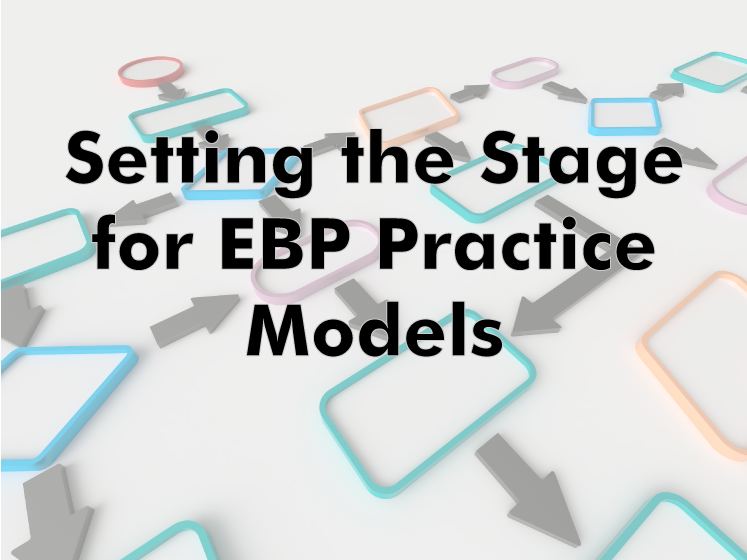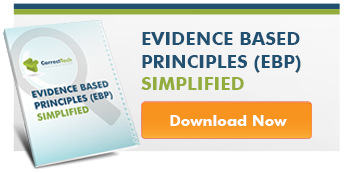Brad Bogue has a well-deserved reputation as a dynamic thinker and groundbreaking researcher in community corrections. So when Brad turned his thoughts to the question of what makes a high-quality risk assessment interview, we were all ears and we bet you will be too. Risk Assessments are a big part of setting the right path for our clients and working towards community safety. We at CorrectTech support this through our Assessment module. Because your assessments are scored and part of every client’s electronic record, we create more time for practitioners to conduct the interview, interpret the results and create a risk reducing case plan using evidence-based practices. We love that we support community corrections practitioners in having fewer scoring errors and less time focused on calculations – helping you focus on what matters most.
I have been training on a wide variety (e.g., CMC; YLS-CMI; PACT; COMPAS; LSI-R; PCL; SDRRC; ROPE; LS-CMI, ASUS, ASUDS) of offender assessment tools for over 32 years. Over time, I have begun to wonder precisely what competencies make an officer particularly good at sizing someone up with an interview-style assessment.
Before puzzling over that question, allow me to share two thoughts I subscribe to (with bias) on the assessment process. Number one, ‘it’s not the screw, but rather the hand that turns the screw,’ that makes the difference when it comes to assessment quality. There is a tremendous amount of variance between officers regarding quality of assessments, and rarely can it be attributed to variance in assessment tools. 3rd and so-called 4th generation offender assessment tools – nearly all additive-linear and comparable in itemization and scaling – may vary in price and automation slickness, but don’t differ that much regarding predictive validity.




